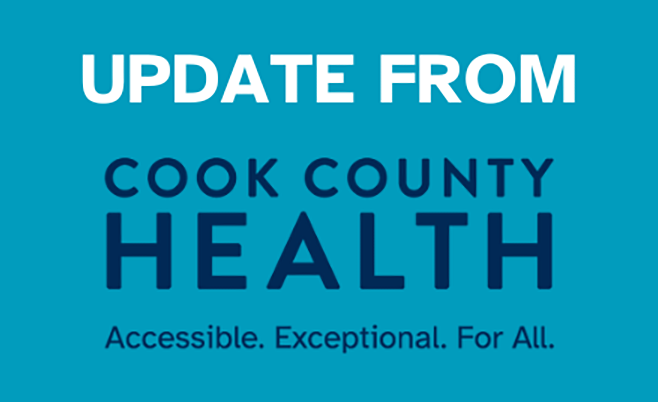Inequality, in terms of access to care, is a problem both in America and Dr. Ram Raju’s native India. Raju, CEO of the government-run Cook County Health and Hospitals System in Chicago, shared his stories about how India’s caste system, which aims to permanently divide society by class and family bloodlines, continues to prevent the poor from receiving proper treatment. That concern over access continues to plague America.
“Even today, in the greatest country in the world, mostly people of diversity go without adequate healthcare,” Raju said. “Even when they get healthcare, the outcomes are not as good as the majority.”
Raju’s main theme addressing the audience at the ACHE Congress on Healthcare Leadership was “better by inclusion,” and he talked about the need for more bilingual medical staff and translators to reflect the patient population it serves. Raju shared a story about a 10-month-old Hispanic girl whose parents took her to the pediatrician. The child was diagnosed with anemia, and a nurse, using broken Spanish, explained the diagnosis to parents. Staff couldn’t properly explain how much medicine to give to the child, and the parents ended up confusing measurements, confusing a tablespoon with a teaspoon. The child later had to be rushed to the emergency room after throwing up. A qualified interpreter would have prevented this child from getting sick, Raju said.
But language is just one barrier to proper communication, as racial and ethnic stereotypes and a misunderstanding of a patient’s culture also contribute.
“If you believe, as I do, that healthcare is a fundamental right, a civil right, a human right—as the leaders of healthcare, you must address these diverse populations,” Raju said. “As for diverse populations, I include racial and ethnic diversity, cultural diversity, socio-economic diversity, language diversity, and diversity of immigration status.”
Raju said lawmakers should have tied in immigration reform with the Patient Protection and Affordable Care Act. He’s troubled that the ACA bars illegal immigrants from receiving care through health insurance exchanges, even if they can pay for insurance.
Providers need to focus on building trust among minority groups, Raju said, referring to the Tuskegee syphilis experiments on black American men from 1932 to 1972 by the U.S. Public Health Service. “Healthcare providers are still working diligently to earn the trust back of the African-American patient population,” he said.

